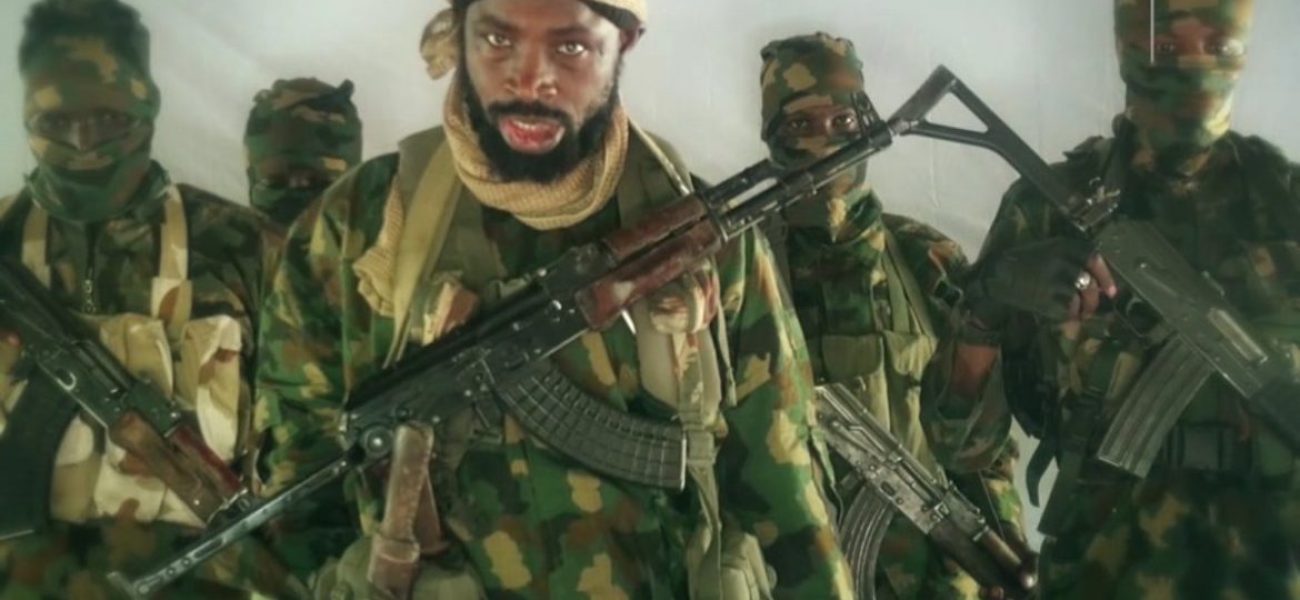Boko Haram, Nigeria’s most dreaded terror group and ranked among the top four deadliest terrorist groups in the world, appears to be eating its cake and getting it back in the territory where its atrocities are the most biting. The report of 601 repentant insurgents graduating from a Nigerian Government ‘Deradicalisation’ scheme has riled an incredible number of Nigerians, especially victims of Boko haram’s atrocities. The graduating ‘deradicalised’ Boko Haram terrorists made up of 587 Nigerians and 14 nationals of Cameroun, Chad and Niger Republic were also given what was called ‘starter packs’ funded by the Commission that was set up to repair the damage caused by Boko Haram insurgency – the North East Development Commission (NEDC).
Nigerians are worried that while the pain, damage and atrocities caused by Boko Haram is nearly unsurpassed, the Nigerian Government appears to be treating Boko Haram members with kid gloves, cuddling them rather than utilising budgeted military resources to decisively bring the insurgency to an end. The Nigerian military leadership has constantly been accused of mismanaging what should be decisive military action against Boko Haram. Questions have been raised about the use of budgeted military sums. Also, military operational strategies have reportedly been constantly leaked to the Boko Haram insurgents, leading to deaths of Nigerian soldiers and military personnel. Indeed, there is concern that no serious action is being taken by the military leadership that suggests an intention to bring the insurgency to an end. Despite criticisms of its incompetence and failings, Nigeria’s military leadership appears to suggest each time it speaks publicly that the worsening insurgency and Boko Haram attacks are something less than what Nigerians see it to be. Thus, claims have been made that are unsupported by the reality on ground that: “Boko Haram has been technically defeated,” “Nigeria is safer today than it was five years ago,” etc. Meanwhile, vast parts of the country, especially the Northern-most States of Borno, Zamfara, Katsina, Sokoto remain open and free fields where Boko Haram insurgents raid, kill, maim, rape, loot and burn houses without restraint. Occasional news statements by Nigeria’s military authorities of ‘success’ is often viewed with skepticism by Nigerians who constantly ask the question, “when will the insurgency come to an end?” As part of the search for an end to the insurgency, Nigerians have also asked President Muhammadu Buhari who is the Commander-in-Chief of the Armed Forces, when he will let go of the current service chiefs to proceed on nearly four years of overdue retirement. For the umpteenth time, the Nigerian Senate condemned the incompetence and ineffectiveness of the nation’s military service chiefs, calling for their resignation or sack. The President insists on not responding to these pressures and so, Nigeria is saddled with incompetent, ineffective military service chiefs and an economy bleeding from incredible military and defence expenditure to service a so-called fight against insurgency that sees no prospect of an end.
Past months have seen a resurgence of violence and conflict, evidenced by multiple attacks in Northern States, particularly the seemingly relentless attacks in Southern Kaduna. It is therefore no surprise that deradicalisation and reintegration of so-called repentant insurgents is not a welcome idea among residents of affected communities, who in addition to fearing for their safety, will have to struggle with the effects of having individuals who once caused them great pain and loss, living among them. Observers have argued that reintegration should be a two-way process that also takes into account the welfare of affected societies and victims of the havoc caused by the repentant insurgents. Nigerians worry that the Deradicalisation, Rehabilitation and Reintegration (DRR) programme under the Nigerian Army’s ‘Operation Safe Corridor’ may not be an effective way of dealing with insurgents.
Meanwhile, as geo-political zones in the country have begun to take steps to address the prevailing insecurity, the Governors of the South Eastern States are set to unveil a security outfit for the region. This was disclosed in a meeting of the South Eastern Governors’ forum, where it was stated that the name of the security outfit will be made known in the next meeting of the forum. It will be recalled that in January 2020, the South West zone launched Operation Amotekun as its indigenous policing architecture.

